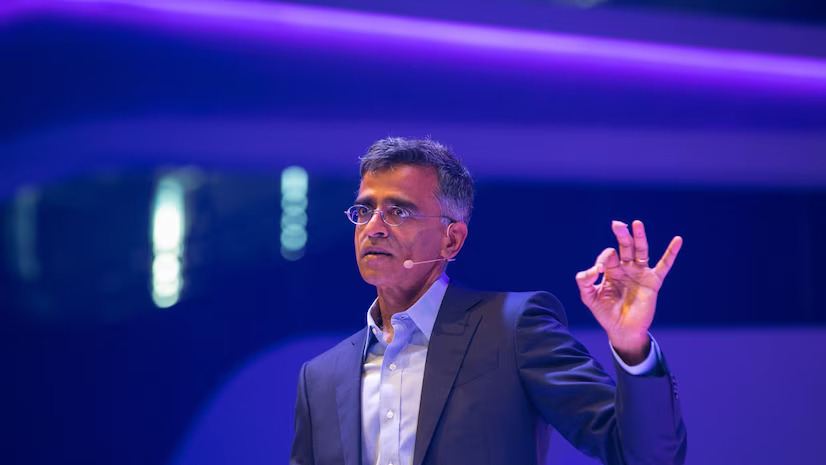It’s difficult to compete with Google’s search engine. Ask every startup that has given it a go.

Prosecutors are focusing their case on the accounts of startup companies who have tried fruitlessly to establish a foothold in the sector as the US Dept. of Justice attempts to persuade a court that Alphabet Inc.’s Google has established an unlawful monopoly in the web search industry. Neeva Inc. is one such business. It was established by ex-Google employees and debuted in 2019 to much acclaim before unexpectedly shuttering its product early this year.
Sridhar Ramaswamy, a co-founder of Neeva, remembered how the business considered it could provide customers with a better search experience by charging them for a subscription instead of serving up ads, which he thought had eventually degraded the overall quality of Google’s product while testifying Monday and Tuesday in the federal courtroom in Washington. However, despite adding additional AI features to the product that could provide succinct answers to inquiries, Ramaswamy and his co-founders were unable to establish momentum with consumers and ultimately came to the conclusion that they couldn’t create a sustainable business.
“People who tried our AI experience genuinely loved it. It was a better, easier, sleeker experience,” Ramaswamy said on the stand Monday. But an economic slowdown, coupled with Google’s paid-for placement on smartphones, meant Neeva couldn’t “grow our subscriber base fast enough,” he added.
finance.yahoo.com
Also Read: Visa Initiative to Invest $100 Million in Generative AI Ventures
Despite this, several search businesses have persisted in making an effort, particularly in light of the prospects presented by emerging technology to revolutionize how users use the internet. The success of OpenAI’s ChatGPT has generated discussion in Silicon Valley regarding a new search paradigm in which software powered by artificial intelligence would provide authoritative answers to queries submitted by users instead of the well-known webpage of links that Google popularised. Although some business owners contend their startups have a greater chance to ride the wave, Google has already mobilized teams within to redesign its search engine for this age of change.
“We are moving towards a new segment, a new kind of internet where you are basically getting answers served to you instead of links,” said Aravind Srinivas, a former Google researcher whose startup, Perplexity AI, offers a conversational web-search product. “And that’s a market that will not be dominated by Google,” he said in an interview.
finance.yahoo.com

I am a student pursuing my bachelor’s in information technology. I have a interest in writing so, I am working a freelance content writer because I enjoy writing. I also write poetries. I believe in the quote by anne frank “paper has more patience than person